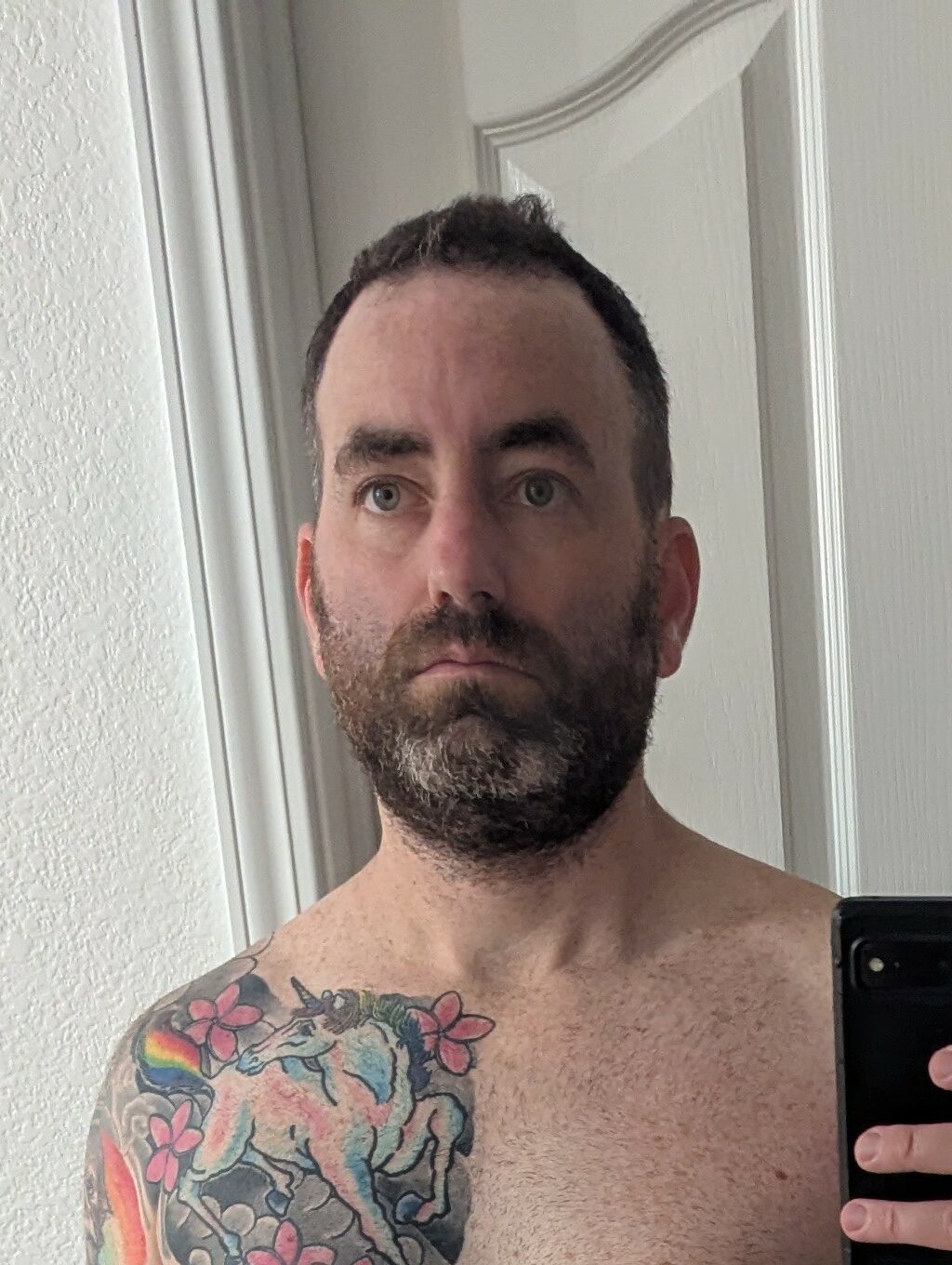I’m a little over one month in to my next phase of life. No job. Doing housework. Exercising more. Home schooling. Some extra free time.
So far it has been good. It hasn’t been perfect, though.
On the exercise front, I haven’t had nearly the discipline I need. Lifting is close to there as far as consistency and volume. Scratch that. Thinking realistically, I could do about double the number of workouts that I’ve been doing.
With running, I’m not doing terrible on the frequency of my runs. But definitely the distance I am far short of my goal. I’m mostly just slacking on getting out the door on time in the morning.
Home school is going pretty well. I do need to do a lot better on staying organized, though. And I need to find a lot better curriculums for social studies and science.
My diet leaves a lot to be desired. I did well for one week, but it gave me two migraines, and that second migraine (with the kids) really set me back.
My housework has been going well. I’ve been keeping up well on the chores that I have established: dishes, kitchen, and laundry are all getting done consistently, along with a few other things. But I’d say I’m behind on adding other areas of the house into the upkeep list.
This past week has been nice because for the first time, I’ve found myself being able to use my free time to really just relax a bit for an hour or two here or there. And what’s the point of not working if I can’t have at least a few hours per week of relaxing that I didn’t have before? Where I can do better here, though, is being a bit more intentional with my relaxing time. Set aside my daily schedule, where I relax after my other tasks for the day are done, rather than relaxing somewhat early, then having to tear myself away from relaxing to get back to being productive.
I need to also start to think about how I can use free time to both enjoy myself while also growing as a person. Whether that is learning Mandarin, or vibe coding a video game, these activities would be both enjoyable and also productive. That isn’t to say all my time needs to be productive. There is a time and place for movies and video games. But I know I want to do these other projects, as well, and now is the time to start planning for them.
tl;dr: things are going well, and I could also be doing a lot better.
